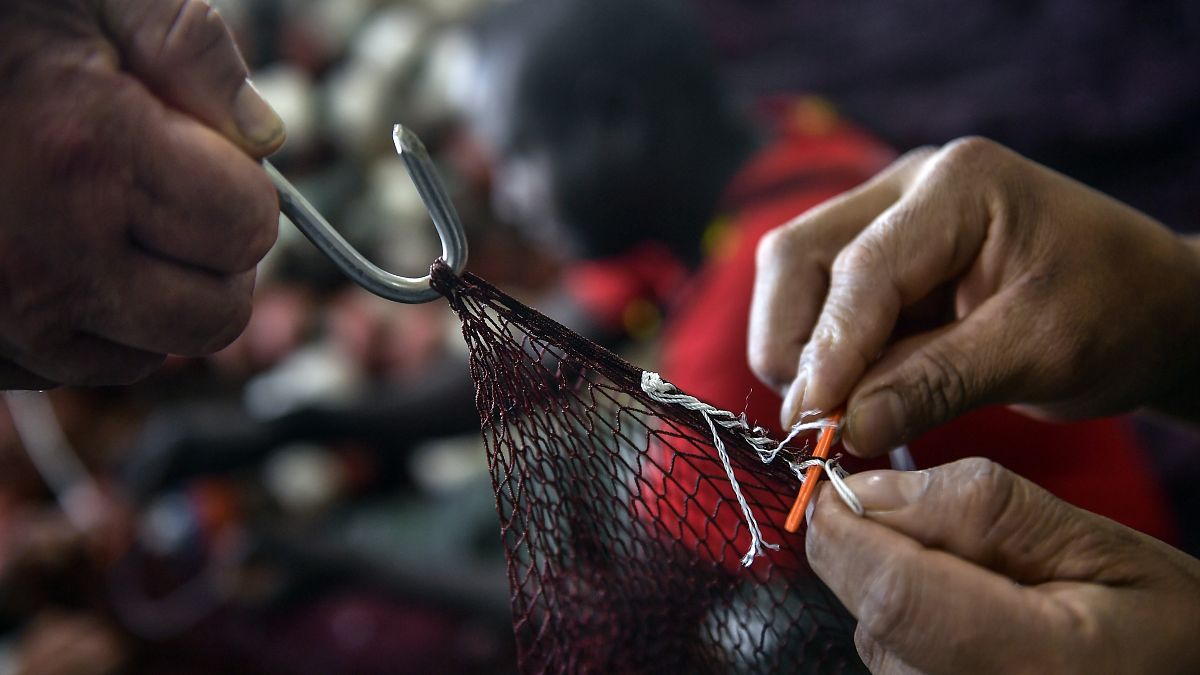The European Court of Justice has ruled that the fishing and farming deals between the EU and Morocco in 2019 were invalid as they did not have the consent of the people of Western Sahara. The court stated that the consultations conducted by the EU institutions were insufficient to establish the consent of the people of the Western Sahara for deals that directly impacted them. This decision follows appeals from the European Commission and is a victory for the Algeria-backed Polisario Front, the Sahrawi liberation movement.
In 1975, Morocco annexed Western Sahara after Spain withdrew from the territory, leading to a longstanding dispute. The court’s ruling recognized the legal entitlement of the Polisario Front to challenge the trade deals between the EU and Morocco. The General Court had previously struck down the EU’s trade and fisheries agreements with Morocco in 2021. The fisheries agreement, allowing European vessels to fish in Moroccan and Moroccan-controlled Western Sahara waters, remained in place until its expiration in July 2023 to prevent economic consequences.
Despite consultations conducted by the EU’s executive and diplomatic arms, the court found that the process did not involve the people of Western Sahara but rather the current inhabitants of the territory. As a significant number of the Sahrawi people now live outside the territory, the court stated that the consultations were insufficient to establish consent on their behalf. The ruling is crucial for the Polisario Front, which has been pushing for independence and challenging Moroccan sovereignty over Western Sahara.
The European Union reaffirmed its strategic partnership with Morocco following the court’s decision, emphasizing the long-standing and profound relationship between the two. The EU executive is currently analyzing the rulings in detail, as the court has granted a 12-month period before the verdict is enforced to prevent any negative consequences for the Union’s external actions. Additionally, the court’s decision also requires some fruit and vegetable products from Western Sahara to be labeled as originating from the territory, acknowledging the disputed status of the region.
The recognition of the Polisario Front’s legal entitlement to challenge the trade deals highlights the ongoing conflict and complexity of the Western Sahara situation. The court’s ruling emphasizes the importance of obtaining consent from the people concerned in international agreements, particularly in cases involving disputed territories like Western Sahara. The decision has significant implications for future trade agreements and diplomatic relations in the region, as well as for the rights and self-determination of the people of Western Sahara.











